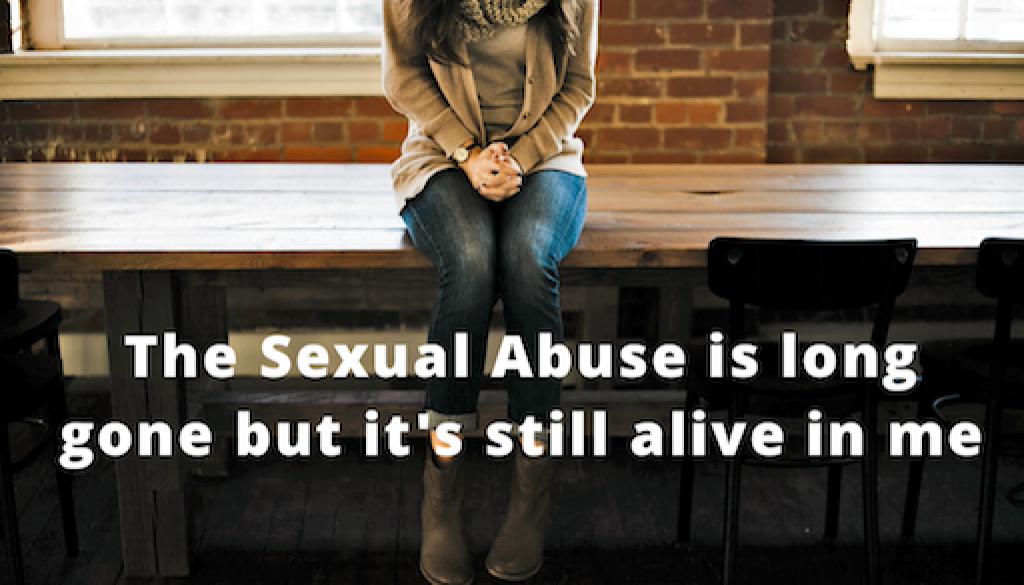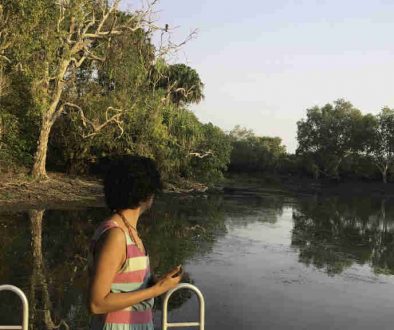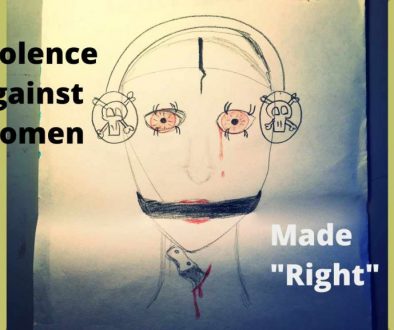Are you Sexually Abusing Yourself?
You are probably all too familiar with these phrases, which I have heard time and time again and have used them myself for a long time.
“I hate sex. Sexual touch repulses me… I am so broken”
“I get jealous that other people can have normal lives but I can’t. Sometimes it’s hard to lay next to my husband or have sex with him because my mind goes back to the abuse. I think he’s going to rape or molest me like my abuser did.”
“Sometimes I think my husband would’ve been better off by not having me. He wouldn’t have to deal with any of this. All I want is normal but will never get that.”
Painful but very real facets of life; I myself have suffered through these for years. I felt dirty down there. I hated my body. I hated sex. I didn’t understand why anyone could ever love it. All I wanted to do was avoid it as much as I could. I wanted to resist any opportunity where I could see my body naked. In those days, I only had sex in the dark so I didn’t have to see and my partner didn’t have to see my face.
You know when you get a burn or a cut (accidentally) and it leaves scars at the exact spot where the injury occurred. Sexual abuse trauma works in exactly the same way; the difference is that the scars are invisible to the naked eye.
The trauma and the scar are physically stored in the same place where they occurred.
For the abused, this means all the sexual organs hold the tension, the scar and the cellular memories that were imprinted at the time of the abuse.
For years I didn’t even know that I was suffering from a trauma; I just didn’t feel right. Instead of working on myself, I kept searching for a “man” who would understand what I needed even when I didn’t understand myself. I thought that he would know “exactly” what to do because I didn’t. I just knew that I didn’t want to be intimate and I didn’t want to have sex but I hadn’t looked beyond that.
You can probably imagine that it didn’t work out very well. My relationships kept creating more pain for me and my trauma kept getting stronger in my head. Looking back at it now, I am wondering how could these men help me because I didn’t know myself what could help me.
Our partners are only humans, right? They can’t read our minds. If they haven’t suffered a similar trauma, they probably have no idea what is going on for us. They can’t help us unless we tell them how. They can’t help us unless they understand our pain.
For me, this meant taking a break from my relationship and working with my own sexuality before I took things any further with another man.
I have attended millions of workshops on sexuality, intimacy, and relationship with self (well, not exactly millions but some of my friends refer to me as ‘the one who has done all workshops that are available under the sun’). Through these workshops and my experiences, I learned more about my trauma; I was able to release various layers mentally, emotionally, energetically and physically. I also learned more about myself and what I needed from my “partner” so that I can help them help me.
You may be thinking “I don’t give a shit. My life is bad enough already… I don’t want to do this” and this is perfectly fine. You shouldn’t do anything that you don’t feel comfortable with…. But wait! you already do. You say “Yes” to having sex with your partner even when you don’t want to. You become physically intimate with your partner when it brings back all the memories of abuse… Why?
Do you know that every time, you say “yes” when you don’t want to, you are reinforcing the abuse in your mind. Your brain is telling you “see, I am right. my man/woman don’t care about me. They are only there for their own pleasure. They are like my abuser”
You won’t be able to heal the impacts of the sexual abuse unless you STOP abusing yourself. Because saying “yes”, when you don’t want to, impacts your partner as well?
Unfortunately, we live in a culture of shame. Both men and women feel shame around sex, which makes wanting sex, saying no for sex, or asking for what you want really hard. We feel guilty in saying no, and we want to hide that guilt so we disconnect or dismiss our partners. They feel rejected because we have disconnected and we feel even more pressured in saying Yes.
What if we can find a compassionate way to say no? What if we can stay connected with our partners and work together to find a way that works?
Marshall Rosenberg (The Centre of Nonviolent Communication) has spoken on this way of communicating a lot. He has been my inspiration in learning to connect with what’s alive in me and what’s alive in people who I communicate with. I would highly recommend his training as a foundational way to start communicating and stop doing things that harm you and people around you.
Based on his teachings and some of the other practices that I have learned over a period of time, here are a few suggestions to start an open dialog with your partner (which may include saying no).
- Take a few breaths with your partner: In fact, you can synchronise your breathing for a little while, it will help both of you to connect.
- Acknowledge their need: This is very crucial. Our partners need to know that we understand and we are listening
- Connect and share your need: Be vulnerable and share what is present for you? Explain the difficulties/pain it would cause if you were to Yes
- Be open to negotiation: Maybe your partner can suggest a way that would be okay with you and okay with them but not necessarily what they initially wanted.
I must say that when I have communicated this way, men have responded very warmly. Overall, it has still been a process of “give-and-take” but no matter what happened, I stayed connected and that was a big win that I wasn’t able to do beforehand.
I invite you to try and see how that feels.




March 18, 2017 @ 7:57 am
Testing Comments2
March 18, 2017 @ 7:59 am
reply2